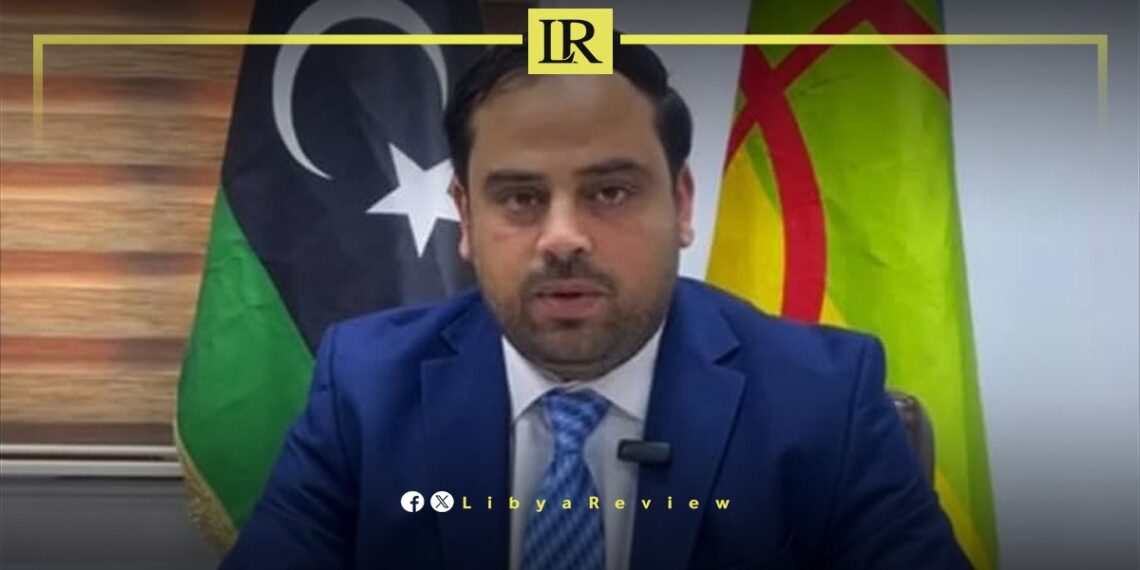On Thursday, the Supreme Council of the Amazighs of Libya blamed Abdel-Hamid Dbaiba, the Prime Minister of the Government of National Unity (GNU) for the recent outbreak of violence in Zuwara, condemning what they characterize as a direct threat to civilians. The clashes, which erupted in the city, are viewed as a stark message from the Tripoli-based government and its Interior Minister, Emad Al-Trabelsi.
In a statement, the Head of the Libyan Amazigh Supreme Council, Al-Hadi Barqiq, placed full accountability on the Presidential Council for ensuring security across the region. The Tribal leader also denounced the actions of what he referred to as “caretaker government forces”—a clear reference to the Dbaiba government—for allegedly targeting innocent children and civilians, labeling such acts as egregious violations.
The council’s condemnation underscores the deep-seated divisions within Libya’s precarious political terrain, where competing factions and armed groups continue to vie for control amidst ongoing efforts to stabilize the country following years of conflict. Zuwara, a city with a significant Berber Amazigh population, has become a focal point of tensions exacerbated by regional rivalries and power struggles within the central government.
Libya’s transition since the 2011 overthrow of Muammar Gaddafi has been fraught with challenges, including the proliferation of armed militias, tribal rifts, and the fragmentation of political authority. The Government of National Unity, formed under Prime Minister Dbaiba in early 2021 with international mediation, aimed to unify Libya’s factions and oversee a path towards national elections.
However, progress has been marred by persistent violence and political maneuvering. Zuwara, strategically located west of Tripoli, holds historical and strategic significance, making it a battleground for various factions seeking influence in western Libya. The recent clashes highlight underlying tensions over governance, resource control, and the role of regional militias in post-revolutionary Libya.


